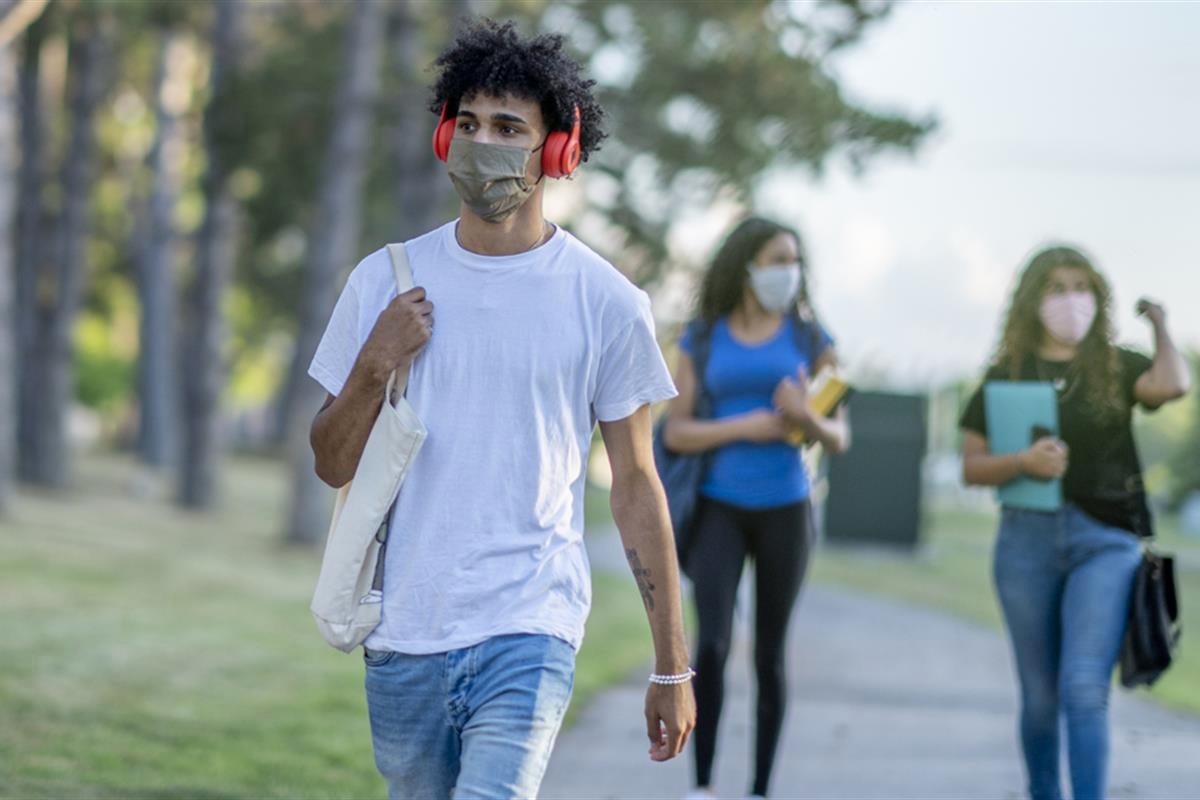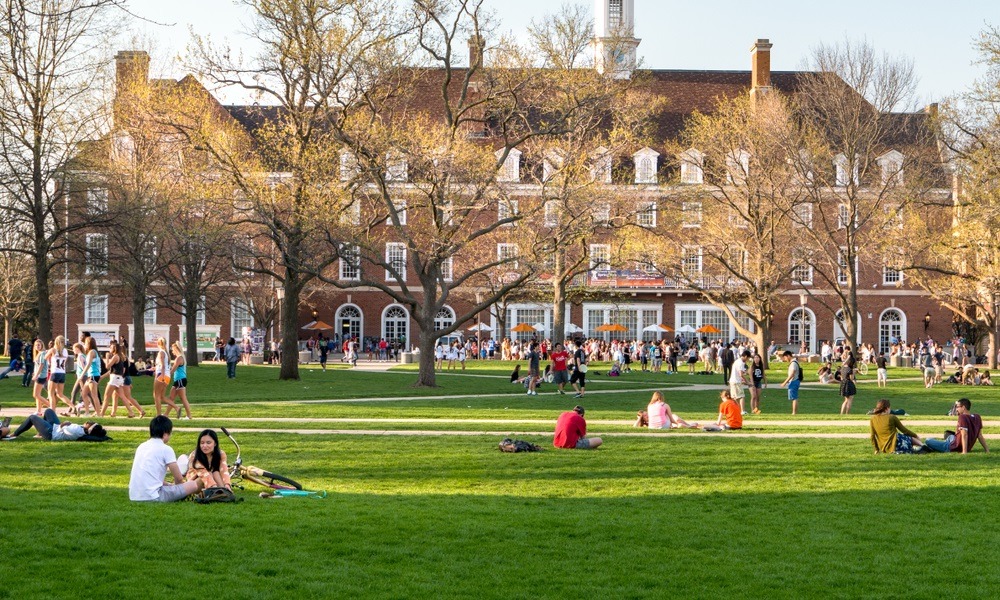There are many different ways to stay safe and secure on a college campus. In order to stay safe, students should always be aware of their surroundings and what is going on around them. They should also be aware of the potential threats that could take place in any given situation.
The most important thing for students is to be smart about their personal safety and security. They should not only be safe from physical threats but also from digital ones. It is important for them to understand the different types of risks that they may come across in college life, such as cyberbullying, sexual assault, or even hate speech online.
What is the Purpose of a Security Guard?
Security guards serve a number of important purposes on college campuses. They are responsible for protecting the campus from threats, enforcing policies and procedures, and helping to ensure the safety of students and staff.
Security guards are typically employed by colleges or universities as one of their primary security functions. They also provide assistance in emergency situations such as fires, bomb threats, or other situations that put the lives of students or staff in danger.
It is important to note that not all colleges or universities require guards to be armed with weapons. In many cases, they are only required to carry pepper spray and a whistle.
The Basic Checklist for Preventing Crime at a College Campus
The Basic Checklist for Preventing Crime at a College Campus is a must-read for all college administrators, students, and parents. It gives advice on how to create an environment where crime is less likely to occur.
What You Should Know About Crime Prevention in College Campuses
Colleges have been under a lot of scrutiny in recent years, with many students and parents feeling that they are unsafe. Security guards with guns and 20 gauge ammo is so necessary to protect college campus from crime.
In order to keep campuses safe, colleges must implement security policies and practices that help prevent sexual violence.
There are two types of crime prevention strategies for college campuses: the first is prevention through socialization, which includes educating students about the risks of committing crimes and how to properly report them. The second is focused on crime deterrence, which includes increased security measures such as surveillance cameras and patrolling by campus police officers.
What are the Risk Factors Contributing to Campus Crime?
The risk factors contributing to campus crime are not just the number of people on campus, but also the characteristics of those people.
The most common risk factors for crime on campus include overcrowding, lack of security and low lighting. These all contribute to making campuses more vulnerable.
How to Stay Safe and Secure on a College Campus by Taking Precautions.
Safety is a major concern for college students. Students need to take precautions to stay safe on campus. In this article, we discuss some of the protective steps that students can take to stay safe and secure on campus.
– Stay aware of your surroundings and don’t be afraid to ask for help if you feel unsafe
– Keep your phone in your pocket or purse at all times
– Let friends know where you are going and when you’ll be back.




